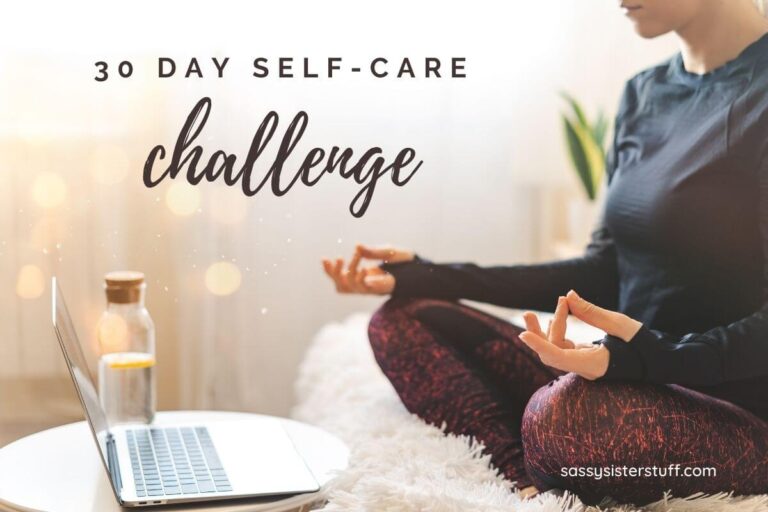12 Daily Habits That Secretly Sabotage Your Sleep
How you spend your days can have a surprising effect on how well you sleep at night. Some everyday routines might be quietly disrupting your rest, even if you feel like you’re doing everything right.
By spotting these habits, you can make simple tweaks that lead to more restful and refreshing sleep.
Consuming caffeine late in the afternoon

Drinking caffeine late in the day can make it harder to fall asleep. Caffeine lingers in your system for six to eight hours, so that afternoon coffee might impact your night.
You might find it takes longer to drift off and your sleep feels less restorative. This can leave you feeling sluggish the next day.
Switch to herbal tea or water after midday to help your body relax. Avoiding caffeine later in the day supports better sleep.
Taking long daytime naps

Long naps during the day might seem helpful, but they can make it harder to sleep at night. Extended naps reduce your body’s natural drive to sleep.
Short naps can boost alertness, but frequent or lengthy naps often interfere with nighttime rest. If you’re having trouble sleeping, try limiting naps.
Aim for naps of 20-30 minutes to recharge without disrupting your sleep cycle.
Using electronic devices right before bed

Using phones, tablets, or computers before bed can make falling asleep more difficult. The blue light from screens interferes with melatonin production.
Engaging with devices keeps your mind active when it should be winding down. This can delay your sleep.
Experts recommend turning off electronics at least an hour before bedtime. Keeping devices out of the bedroom helps create a calming environment.
Even brief screen time in the evening can affect your sleep, so be mindful of your habits.
Going to bed at different times each night

Irregular bedtimes can throw off your body’s internal clock. This makes it harder to fall asleep and wake up feeling rested.
Inconsistent sleep schedules can also raise your risk for certain health problems.
Keeping a consistent bedtime helps your body know when to wind down. Even if you can’t sleep longer, regularity makes your rest more effective.
Try to stick to the same sleep and wake times every day.
Eating heavy meals late in the evening

Late-night heavy meals can disrupt your sleep. Your body works harder to digest, which may keep you awake or cause restless nights.
Eating late can also affect your metabolism and make it tougher to relax. Lighter meals earlier in the evening support better sleep.
Avoid heavy dinners to help your body settle down before bed.
Drinking alcohol close to bedtime

Alcohol before bed might help you fall asleep quickly, but it often leads to poor-quality sleep. You may wake up more often and get less restorative rest.
Alcohol also increases bathroom trips, disrupting your night. Try to finish your last drink at least three hours before sleeping.
If you have sleep issues like snoring, alcohol can make them worse.
Ignoring a consistent bedtime routine

Without a regular bedtime routine, your body’s clock can get confused. This makes falling asleep and waking up more challenging.
A consistent routine signals your brain it’s time to wind down. Even small changes, like varying sleep times on weekends, can disrupt your cycle.
Try to keep a steady bedtime and wake-up time every day.
Exercising too close to bedtime

Working out right before bed can make it harder to fall asleep. Exercise raises your heart rate and body temperature, telling your body to stay alert.
Intense activity within two hours of bedtime may reduce deep and REM sleep. Your body needs time to cool down and relax after exercise.
Finish workouts at least two hours before bed to help improve your sleep quality.
Keeping the bedroom too bright or noisy

A bright bedroom can interfere with your body’s sleep signals. Light exposure makes it harder for your brain to produce melatonin.
Noises, even soft ones, can disrupt your sleep cycles. This can lead to feeling groggy in the morning.
Use blackout curtains or an eye mask to block light. Try white noise or earplugs to minimize disruptions.
Skipping wind-down relaxation time

Jumping straight from daily activities into bed can make sleep elusive. Your body and mind need cues to shift from alertness to rest.
Taking time to wind down lowers your heart rate and eases stress. This prepares you for deeper, more restorative sleep.
Simple activities like reading, meditating, or avoiding screens before bed can help. Creating a wind-down routine makes it easier to relax and fall asleep.
Using your bed for work or screen time

Bringing work or screens into bed can make it harder for your mind to relax at night. Your brain starts to link the bed with activity instead of rest.
Screens emit blue light, which can disrupt your natural sleep cycle. Keeping work and devices out of the bedroom helps create a peaceful environment.
Try to reserve your bed just for sleep and relaxation. This trains your body to wind down when you lie down.
Not managing stress before sleep

Heading to bed with an unsettled mind can make it difficult to relax and fall asleep. Stress that lingers keeps your body in alert mode.
This alertness prevents the deep rest your brain and body need to recover. Try simple relaxation techniques like deep breathing or gentle stretching.
Even 5-10 minutes can help calm your mind. Avoid thinking about worries or work tasks right before bed.
Creating a peaceful wind-down routine supports better sleep quality. If stress keeps you awake often, consider journaling or talking to someone you trust to unload your thoughts.







